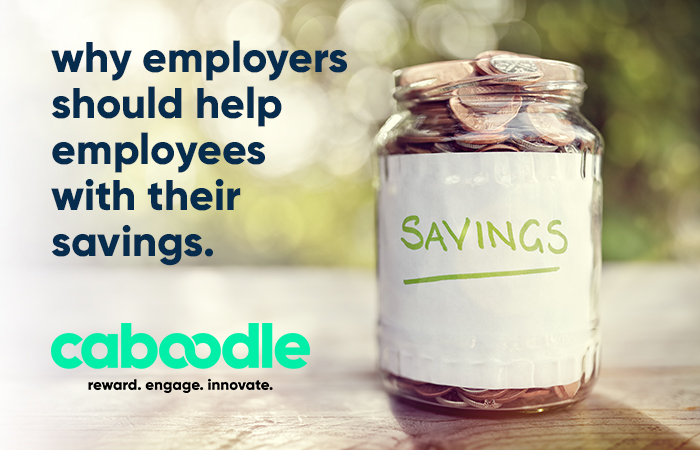
Many people aren’t sure where to turn for financial advice, and that’s where their employers come in. In the UK people are becoming increasingly frustrated with low savings interest rates. Furthermore, people are struggling to get on the property ladder, in large part due to increasing house prices, but in some part due to the fact that they’re struggling to save for a deposit. There has also been a rise in household debt over the last few years while many are turning to borrowing to cover certain costs.
With all this considered, improving the accessibility of financial advice for everyone is increasingly important. Here are a few other reasons why.
Key statistics on financial wellbeing
- Over 34% of employees have a month or less salary saved
- 14% of employees don’t have any savings
- 55% say they’d like more financial help from their employers
- Almost a fifth aren’t saving any of their monthly pay cheque
- Over 72% of 18-34 year olds say they would value financial planning information and help
- Financial stress costs UK businesses £120.7 billion every year
Further effects
On top of concerns about interest rates, house prices and debt as well as the stats shown above, there are knock-on effects that employers should look out for.
Financial worries can cause a number of mental health problems which have even further knock-on effects. This can also result in extended absences.
Why savings are so important
Rising household debt and rising house prices mean savings are now more important than ever. The less savings people have the more they need to borrow and the more they need to borrow the further in debt they become. With less people saving and more people borrowing, debt is more likely to become normalised. While debt isn’t always a major problem for those that do borrow, it can quickly become an issue.
For example, picture the typical first-time house buyer. Those that have struggled to save for a deposit may turn to borrowing to cover the extra cost. They then have to pay a mortgage as well as bills and other monthly expenses. The last thing you want as a first time buyer is to borrow more money. For many first-time buyers, and many people in general, their lack of savings comes down to reduced interest rates on savings accounts among other things. That’s where their employers come in.
The typical full-time employee spend 40 hours a week at work, so their employer is in a great position to help them with their finances. Having a financial wellbeing aspect to your benefits platform is key. It’s increasingly more expected by employees that employers offer easily accessible financial education and services. It’s also important that employers effectively communicate their financial wellbeing benefits.
What should employers offer?
New Savings Options
Salary sacrifice can be used to give employees more options when it comes to their savings. Along with financial education, as mentioned employers are in a great position to give employees who are assessing their savings options what they are looking for. For those who aren’t saving and haven’t considered it, make sure you’re promoting not only your savings options but the financial education you provide.
What else should employers provide?
Financial Education
As mentioned, many employees are actively looking for advice on any number of financial subjects. These can include savings, budgeting, buying a home, pensions and many more. When it comes to seeking financial advice, trust is a big thing. Employees will trust financial advice from their employers as it will be free to them and completely impartial.
Borrowing
Giving employees a new way to borrow doesn’t necessarily mean putting them in further debt, it can actually help them consolidate it. Furthermore, making the most of salary sacrifice can give employees even more options when it comes to making repayments.
At a time where less are saving but saving is becoming more important, employers can really set themselves apart by offering help to employees. For more on how to integrate financial wellbeing into your benefits offering, see how our employee benefits platform can help you!